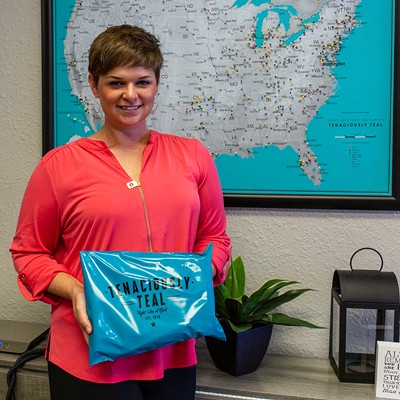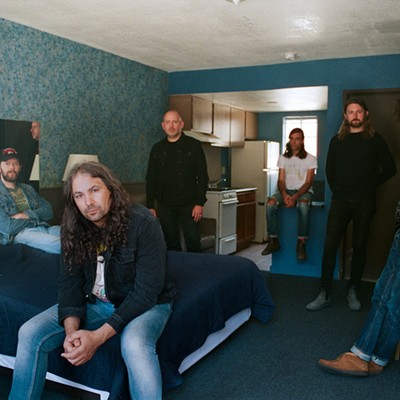 Chuck Mead is something of a yes man.
Chuck Mead is something of a yes man.
Across his storied career from frontman of alternative country outfit BR549 to his current days as a solo artist, Mead has always made a point of accepting more invitations than he turns down. That mindset has taken him down a path worthy of the winding narratives laid out in his rootsy, rockabilly-leaning songs.
It has brought Grammy nominations, tours with the likes of The Black Crowes and Brian Setzer and a role as music director for the Tony Award winning Broadway musical Million Dollar Quartet, inspired by a recording session featuring Elvis Presley, Johnny Cash, Carl Perkins and Jerry Lee Lewis.
“It took me somewhere I never thought I’d go,” Mead said. “I said yes, even though I didn’t have a clue how to do something like that. I’d never have guessed it would have been one of the most incredible experiences of my life.”
Broadway might have been new to Mead, but classic American music wasn’t. As BR549 drifted into an indefinite hiatus in 2006, Million Dollar Quartet proved to be a new gymnasium to exercise that songwriting muscle and historian-like appreciation for all things roots music, highlighted by his deep love of Hank Williams, Bob Dylan, Merle Haggard and Nick Lowe.
It proved to refuel his creative energy rather than drain it, too. 2009 brought his solo debut, Journeyman’s Wager, followed by 2012’s cover record Back at The Quonset Hut, which features guest spots from Old Crow Medicine Show, Bobby Bare, Jamie Johnson and more.
Now, Mead — appearing March 19 at Grandad’s Bar — is back with a new album of original works, Free State Serenade, inspired by his roots in The Sunflower State and the folklore he grew up on there.
“It’s the Kansas of my imagination,” he said. “I just hope people will realize that things do happen out there on the prairie.”
The tales play out like juicy pulp fiction or Southern gothic noir, visiting subjects as varied as crime, love, murder, UFOs and psychologically devastating personal tragedies. They’re treated with a bracing honesty and eccentric sense of twisted humor that Mead describes as “cathartic.”A song written in tribute to his wife proved to be an impetus for a long list of honky-tonk rock tracks and ballads, the collection acting less as a “heavy-handed concept album” and more as “a book of short stories,” in the eyes of Mead.
“I swore to myself that I wouldn’t pull any punches. There are certain things you just have to get out there in the stratosphere, and I think I did that in celebrating my home state,” he said. “I learned that it’s good to purge yourself of certain thoughts — good ones and bad — just so people know exactly how you feel.”











